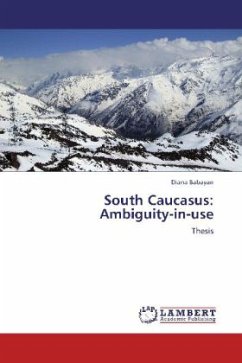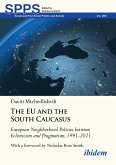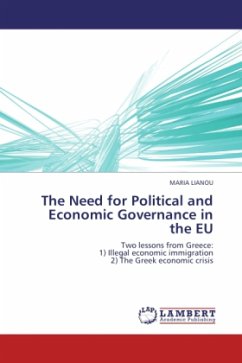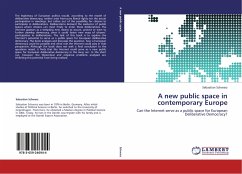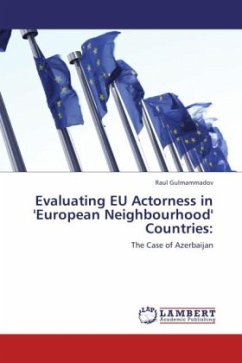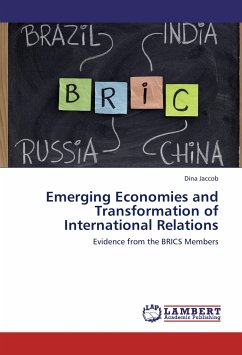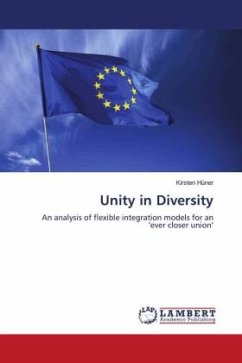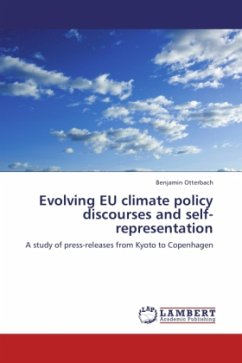Driven by the aim of observing the particular instance of territorial ambiguity confronted under the label South Caucasus , the present research concentrates on the analysis of the outward discourse, weaved around the region by three major powers the EU, Russia and the US. Turning into a discursive battleground of various semantic dominations, the region gets conceptualised according to various functionalities it receives in specific contexts or metanarratives. These are classified under three major discursive nodal points, identified throughout the data analysis, reflecting the region s role as a neighbour/partner , a conflict zone and a transit corridor . Drawing separate pictures of each discourse and bringing them together in the end, the present research demonstrates the external inconsistency within the conceptual takes on the region, which further complicate its internal ambiguity.

